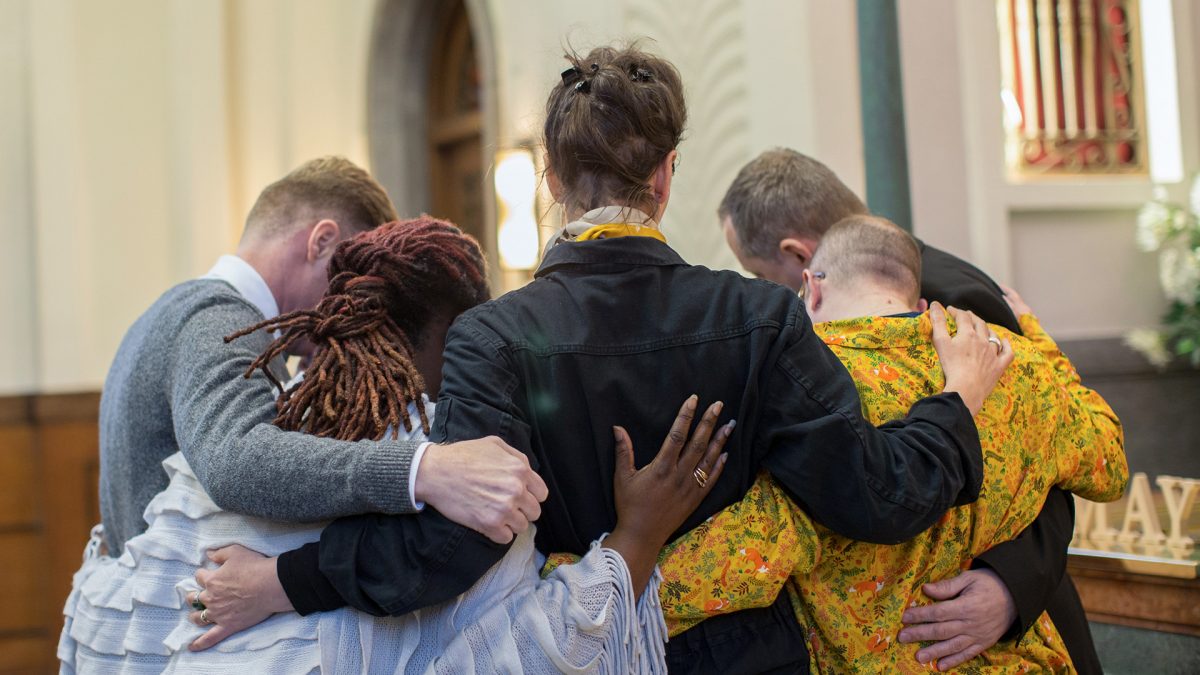Understanding How to Comfort Someone Experiencing Loss

Navigating conversations with someone experiencing grief can often feel like walking on eggshells. It’s challenging to know the right words that will provide comfort and support without causing further pain. Below are some tips to guide you in these difficult conversations, ensuring the person grieving feels heard and understood.
Approaches That Can Bring Comfort
Expressing sorrow, acknowledging their grief and offering your condolences can go a long way. Simple expressions of sorrow like, “I’m profoundly sorry for your loss” or “I heard about your father’s passing, my deepest sympathies,” can be comforting.
Listening and Reflecting Back
This sounds too simple but is very effective, validating what has been said and giving an opportunity to expand on that. If they say “I just feel so sad, I miss him so much and the house feels so empty” you say something like “you are feeling sad and you miss his presence in the house”. You use their words as much as possible.
Sharing a Memory
If you had the chance to know the person who died, sharing a cherished memory or what they meant to you can bring solace. Comments such as “I’ll never forget your mother’s speech at your wedding” or “Your granddad’s humour was a treasure,” can evoke warm memories.
Creating Space for Open Conversation
Often, those grieving find it therapeutic to speak about their feelings. Asking “How are you doing?” is a question that can be answered how they want to, perhaps focussing on practical things or it can open the door to a deeper conversation about their emotions.
Reassuring them their Emotions are Valid
Grief brings a myriad of emotions: shock, sadness, anger, guilt, anxiety, and numbness. Reassure the person that these feelings are completely normal, there’s no “correct” way to grieve. Reflect the emotions they express back to them, “You are feeling shattered” if they have used the word “shattered”.
Acknowledging Their Pain
While we can’t remove someone’s pain, recognizing their struggle and expressing your empathy can be supportive. Statements such as, “I’m sorry it’s so hard for you right now” can provide validation.
Offering Assistance
Sometimes, practical support can be greatly appreciated. Ask if there’s anything they need help with, such as preparing meals or running errands, perhaps being there when they have phone calls to make to banks, insurance companies etc as these can be upsetting.
Showing That You Care
A simple message to show that you’re thinking of them can provide comfort during these challenging times.
Sometimes, Silence Speaks Volumes There may be instances when the bereaved person might prefer silence. Being present with them in quiet solidarity can also be comforting.
What to Avoid Saying
Avoid Assuming You Know How They Feel
Remember that grief is a unique experience for everyone. Instead of making assumptions about their feelings, let them express themselves.
Resist the Urge to Make Things Better
Although it’s tempting to offer words that you believe might comfort them, like “She’s in a better place now,” or “At least he had a long life,” such statements might not resonate with the person grieving. They may have a different perspective and may not find such sentiments comforting.
Avoid Terms Like “Heal,” “Move on,” or “Get over it”
The idea of “moving on” or “getting over it” can be unsettling for those grieving, as it implies forgetting their loved one. Grief is more about learning to live with the loss than about “healing.”
Avoid Setting a Grief Timeline
Every individual grieves at their own pace. Suggesting a timeline for grief can place unnecessary pressure on the bereaved person.
Approach Religious Comments with Care
Religious comments such as, “They are in a better place now,” can be tricky, as the bereaved person may not share your beliefs or may have a different view on them.
How to Be Kind in Grief?
Our Grief Kind campaign has created a short video with our grief experts discussing how to talk with someone experiencing a loss. It covers what to say, what not to say, the importance of listening, and how to manage if you’ve unintentionally said something hurtful.




